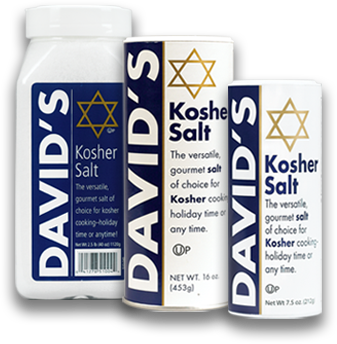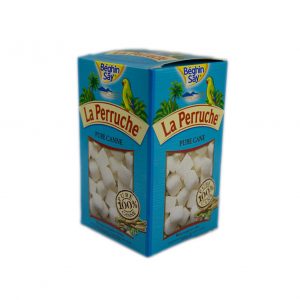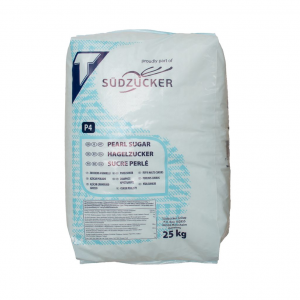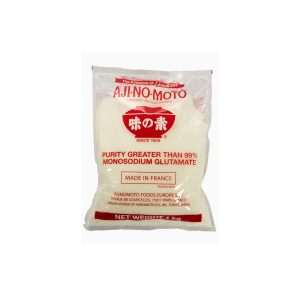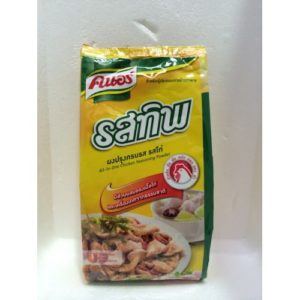Description
The real question is whether salt is kosher-certified or “kosher” in the sense of its crystal size. So why are some salts that call themselves “kosher” NOT kosher in the Jewish dietary sense of the word??? Confusingly, there is a difference. Kosher salts CAN be both but not always.
First a little history to figure out how this came about.
Kosher (or koshering) salt is used in the process of preparing meat according to Jewish customs. To make the meat “kosher”, it’s first soaked in water and then rubbed down with coarse salt which doesn’t totally dissolve (unlike fine salt or table salt). The salt is then left on the meat for an hour or so to draw out as much blood as possible from the meat. The salt then is washed off. This process is call “koshering” meat. And the salt used in the process called “koshering” salt.
And because this coarse salt has become popular among Jewish communities for their koshering process, it eventually earned its place in English vernacular as “kosher” salt.
Generally, the salt used in the process of koshering meat would satisfy the Jewish kosher food laws, as salt is already a neutral food. To be certain that a kosher salt is actually “kosher” in accordance with Jewish dietary customs, it must be properly certified. So check the packaging for kosher certification of salt if this is what is instructed. Why?
THIS PART IS IMPORTANT SO PLEASE READ CAREFULLY.
The “saltiness” of salt predominantly comes from the weight of salt. A teaspoon of coarse salt (flossy, kosher, etc) weighs about 5gm. On the other hand, a teaspoon of sea salt flakes weights about 1-2gm. So a teaspoon of kosher salt will be more salty than a teaspoon of sea salt flakes.
The term “kosher” when referring to a grade or crystal size is becoming more frequently used in Australia and is not only used for koshering meat or by the Jewish community. Many cooks and artisan producers use this coarse salt.

